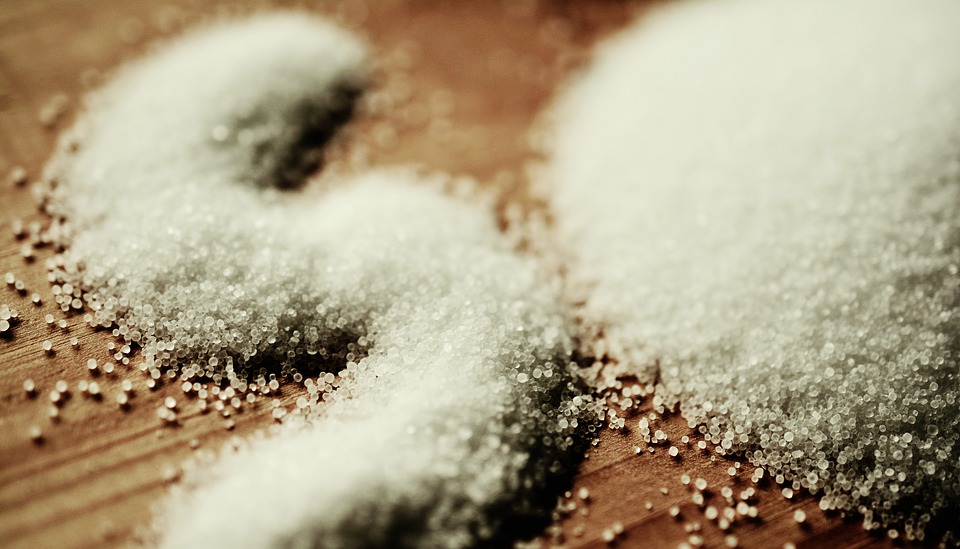Sodium is a mineral that’s essential for life. It helps in our body fluid balance and also helps in nerve impulses. Salt is also called sodium chloride (NaCl). It consists of 40% sodium and 60% chloride, by weight.
Adults should eat no more than 6g of salt a day – that's around one teaspoon. Children should eat less.
The daily recommended maximum amount of salt children should eat depends on age:
- 1 to 3 years – 2g salt a day (0.8g sodium)
- 4 to 6 years – 3g salt a day (1.2g sodium)
- 7 to 10 years – 5g salt a day (2g sodium)
- 11 years and over – 6g salt a day (2.4g sodium)
High salt intake is associated with a doubled risk of heart failure, according to a 12-year study in more than 4,000 people. High salt (sodium chloride) intake is one of the major causes of high blood pressure and an independent risk factor for coronary heart disease (CHD) and stroke. In addition to CHD and stroke, heart failure is one of the major cardiovascular diseases in Europe and globally but the role of high salt intake in its development is unknown.
The study cohort was followed up for 12 years through computerised register linkage to National Health Records. Cases of incident heart failure were identified from the Causes of Death Register, the Hospital Discharge Register and drug reimbursement records. The association of salt intake in quintiles (<6.8g, 6.8-8.8g, 8.8-10.9g, 10.96-13.7g and >13.7g/day) and the risk of an incident new heart failure event was estimated.
During the follow-up, 121 men and women developed new heart failure. In an age, sex, study year and area adjusted model, hazard ratios in the 2nd, 3rd, 4th and 5th salt intake quintiles, compared to the 1st one, were: 0.83, 1.40, 1.70 and 2.10. After further adjustment for systolic blood pressure, serum total cholesterol level and body mass index the hazard ratios were: 1.13, 1.45, 1.56 and 1.75, respectively.
Source: American Heart Association, NHS
